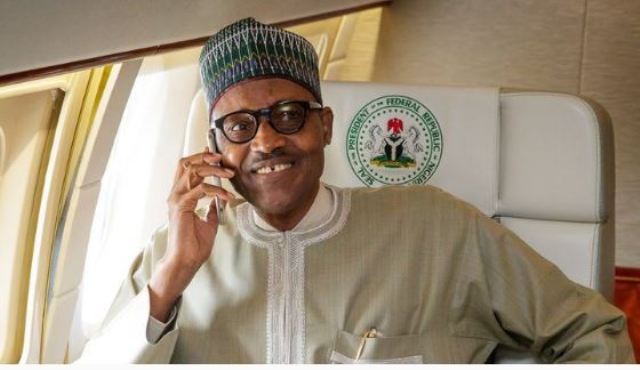A general manager at TotalEnergies Nigeria, Mr. Rabiu Abdulmutalib, has attributed continuous importation of Jet A1, multiple airport taxes, the inability of airline operators to have easy access to foreign exchange, among others, to the high cost of the product in Nigeria.
Abdulmutalib, in his presentation at a conference organised by aviation correspondents in Lagos, recently said unless the afore mentioned factors are taken care of, the price of aviation fuel would continue to skyrocket.
A litre of aviation fuel in the domestic scene sells between N305 and N315 per litre, depending on the airport an airline is buying from.
According to him, the inability of local refineries to refine the product locally, high investment in logistics and high cost of aviation fuel handling equipment like refuellers, hydrant dispenser/servicers and filtration systems are also contributed to the sordid situation in the local market.
To address the current situation, Abdulmutalib canvassed for proper coordination among relevant government agencies in monitoring and enforcement of all standards along the supply chain.
Some of the agencies he mentioned included the Department of Petroleum Resources (DPR), the Federal Airports Authority of Nigeria (FAAN), Nigerian Civil Aviation Authority (NCAA), Standards Organisation of Nigeria (SON) and the Nigeria Union of Petroleum and Natural Gas Workers (NUPENG), amongst others.
To avoid contamination of the product, Abdulmutalib charged organisaitons should not compromise any of the established international and local regulations on handling JET A1 from refinery to aircraft.
He also urged them to adhere strictly to international specification checklist for aviation fuel recognised by major aviation fuel suppliers in the world as well as check the competence and capacity of laboratories contracted for testing parameters of the product in the country.
Abdulmutalib also called for government’s intervention for easy access to foreign exchange especially to aviation fuel importers.
He further made a case for national sensitisation and awareness on monitor filtration phase out from all aviation handling systems in Nigeria before the deadline of July 2023.


























































